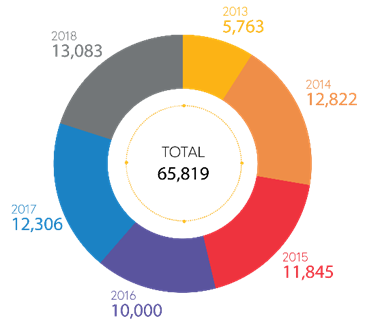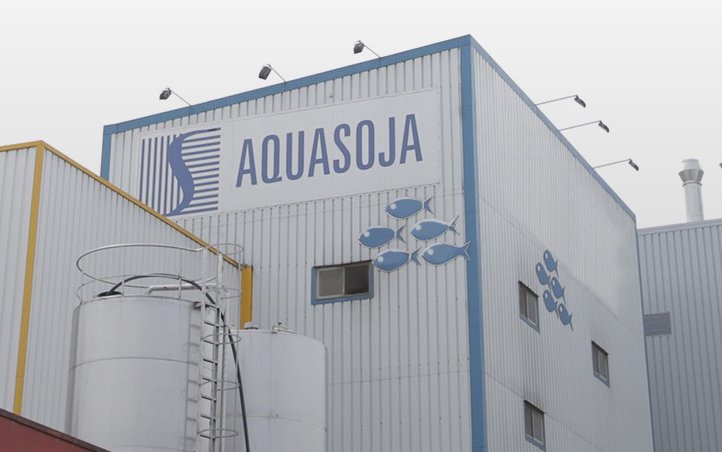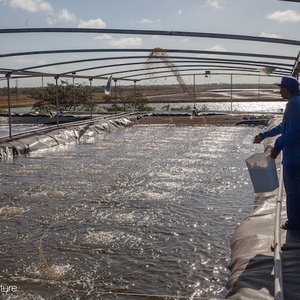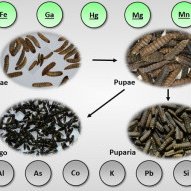Global trends, such as climate change, scarcity of resources, population growth, acceleration of urbanization, changes in global economic power and technological advances are changing the way organizations, industries and society in general interact. Soja de Portugal, the group that owns the company Sorgal (whose trademarks are AQUASOJA, SOJAGADO and SORGAL PET FOOD), and companies such as AVICASAL and SAVINOR are no exception.
“The world is constantly changing and our choices and actions will have to align, more and more, with the real resources of Planet Earth, our common home, and the absolute need to promote sustainable global development, eliminating asymmetries that we know today. We have always assumed a strong commitment to the development of resource-efficient products and solutions, whose production is based on a circular economy process and using sustainable raw materials,” the group said.
Over the years, Soja de Portugal has been consolidating the concepts of its sustainable development. These cover several areas, based on the balance between decisive economic growth, social equity and protection of the environment. Sorgal has invested in innovation and development projects that allow the group to obtain countless sustainable advantages in the entire production chain from the raw material to the final customer, such as reducing the carbon footprint, saving energy or water, reduction of consumption of packaging and non-recyclable materials such as plastic, and support for the communities where they operate.
Soja de Portugal achieved a two percent reduction in the total CO2 emissions and avoided the emission of 13,083 tons in 2018. Pellet consumption totaled 46,566 tons over the last six years, avoiding the burning of about 20,778 tons of naphtha, a more polluting source of energy production, thus avoiding the emission of about 65,819 tons of CO2 equivalent to the atmosphere. In 2018, Soja de Portugal spent €899,224 for waste management, treatment and reduction of emissions, prevention and environmental management.

Within the scope of initiatives related to energy consumption, Soja de Portugal began a study in 2018 on the implementation of photovoltaic panels at Sorgal. This transition to green energy will have a maximum power of 1,000 kWh, which will correspond to 33% of energy self-sufficiency. In addition to contributing to the reduction of non-renewable energy consumption, this measure also aims at reducing the carbon footprint.
Over the past few years, investment has been made in a filtration and disinfection system, which has resulted in a 20% reuse of wastewater. In this way, water recycling can reach 50 million liters, replacing this amount of water capture from natural groundwater and the consumption of water from the public system. This reused water is used for irrigation purposes, washing streets, washing floors, treating co-products and workshops, among others.
In 2018, Soja de Portugal consumed 110 tons less plastic, paper, cardboard, aluminum and wood packaging than in 2017. “In a very demanding industrial sector, where reinvestment in the industrial park has been a constant, balance and operational stability have been priority factors. This is how we have a large sustainability concept. We believe that our efforts contribute to the Agenda 2030 and the United Nations' Sustainable Development Goals (SDGs),” the company said. Along with all this investment, Soja de Portugal was recognized with the Sustainable Development award, by CCILF (Luso-French Chamber of Commerce and Industry), in 2017.
“This is a point of no return. Overcoming challenges, innovating, exploring new ways of doing more with less, influencing our value chain by example, promoting well-being communities creating value in harmony with nature make our work fascinating and rewarding,” the company concluded.













